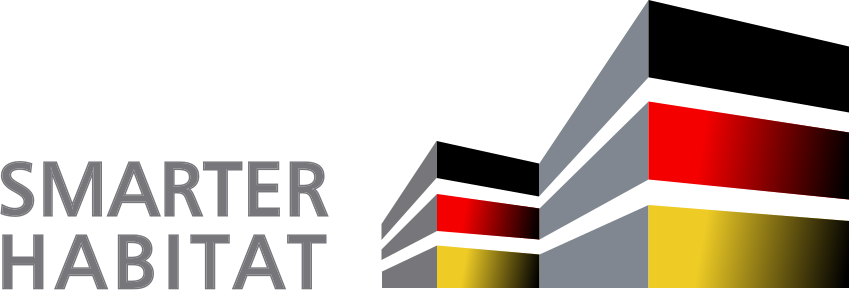Company portrait
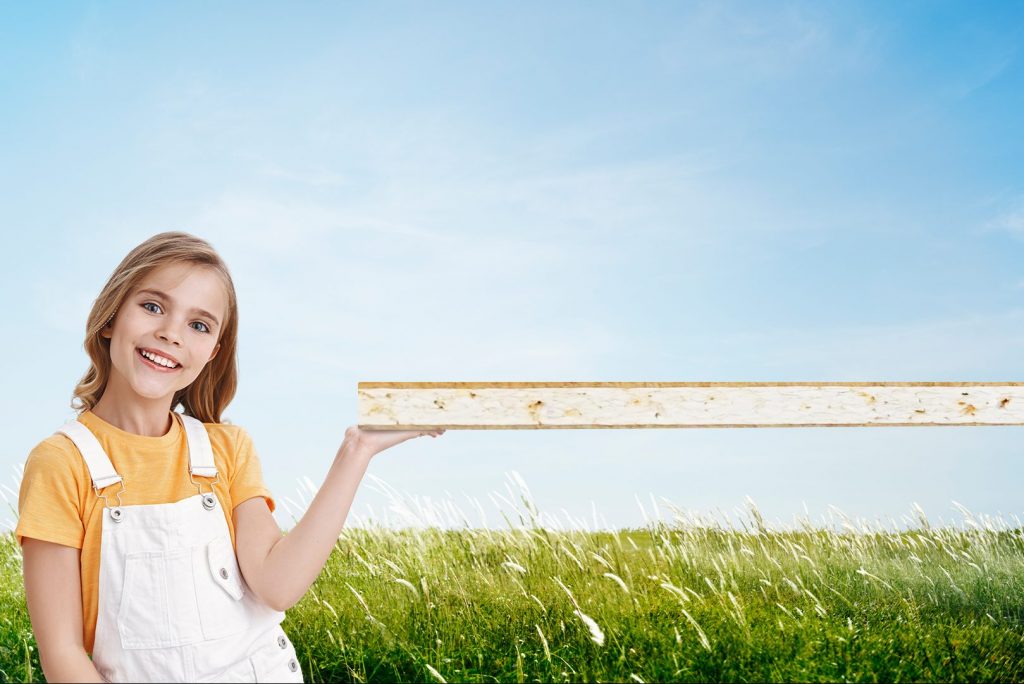
SMARTER HABITAT: From hemp to popcorn to the house
A sustainable building material for global climate change
 – a plant-based and completely sustainable lightweight panel developed in cooperation with the Fraunhofer Institute IMWS and the University of Göttingen – meets all of these requirements. SMARTER HABITAT will license the know-how worldwide and thus contribute to solving one of the most pressing problems on this planet.
– a plant-based and completely sustainable lightweight panel developed in cooperation with the Fraunhofer Institute IMWS and the University of Göttingen – meets all of these requirements. SMARTER HABITAT will license the know-how worldwide and thus contribute to solving one of the most pressing problems on this planet. In the beginning was the "Awakening"
- from the idea to the product
 . After years of research and development and supported by a network of experts from science, technology and industry, a building material has been created that will not only revolutionize the construction industry in the future as a “green” alternative, but will also accelerate the paradigm shift towards responsible sustainability in construction. The
. After years of research and development and supported by a network of experts from science, technology and industry, a building material has been created that will not only revolutionize the construction industry in the future as a “green” alternative, but will also accelerate the paradigm shift towards responsible sustainability in construction. The  sandwich panels consist of two basic components: Natural fiber laminates as the top layer and a core material made from popped corn granules, which can be produced in a wide variety of different versions. The Natural Composite Laminates (NCL) can be made from natural materials such as hemp, flax, sisal or rice straw and other long-fiber agricultural waste, which are processed into fleece felt and pressed with special resin under high pressure.
sandwich panels consist of two basic components: Natural fiber laminates as the top layer and a core material made from popped corn granules, which can be produced in a wide variety of different versions. The Natural Composite Laminates (NCL) can be made from natural materials such as hemp, flax, sisal or rice straw and other long-fiber agricultural waste, which are processed into fleece felt and pressed with special resin under high pressure. From natural fibers to
-panel
Natural fiber

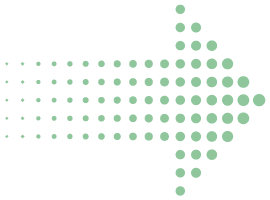
Natural fiber fleece


Natural fiberlaminate
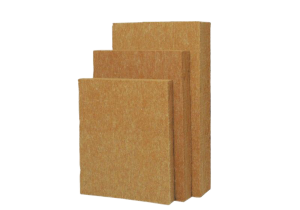


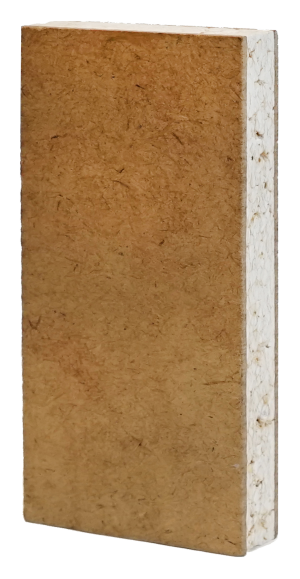
Panel

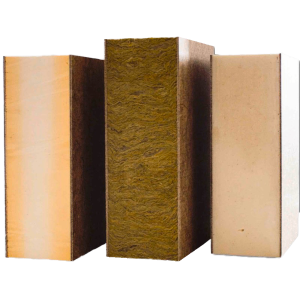
Panel variations


Popcorn as the core material
 -laminates.
Since 2016, there has been a show house on the institute’s premises that proves how sustainable, simple, cost-effective and infinitely scalable construction can be in the future. By acquiring a stake in C3 Technologies GmbH, SMARTER HABITAT is securing this innovative knowledge for the transfer of the process from laboratory scale to the production-ready industrial manufacture of composite panels.
-laminates.
Since 2016, there has been a show house on the institute’s premises that proves how sustainable, simple, cost-effective and infinitely scalable construction can be in the future. By acquiring a stake in C3 Technologies GmbH, SMARTER HABITAT is securing this innovative knowledge for the transfer of the process from laboratory scale to the production-ready industrial manufacture of composite panels. 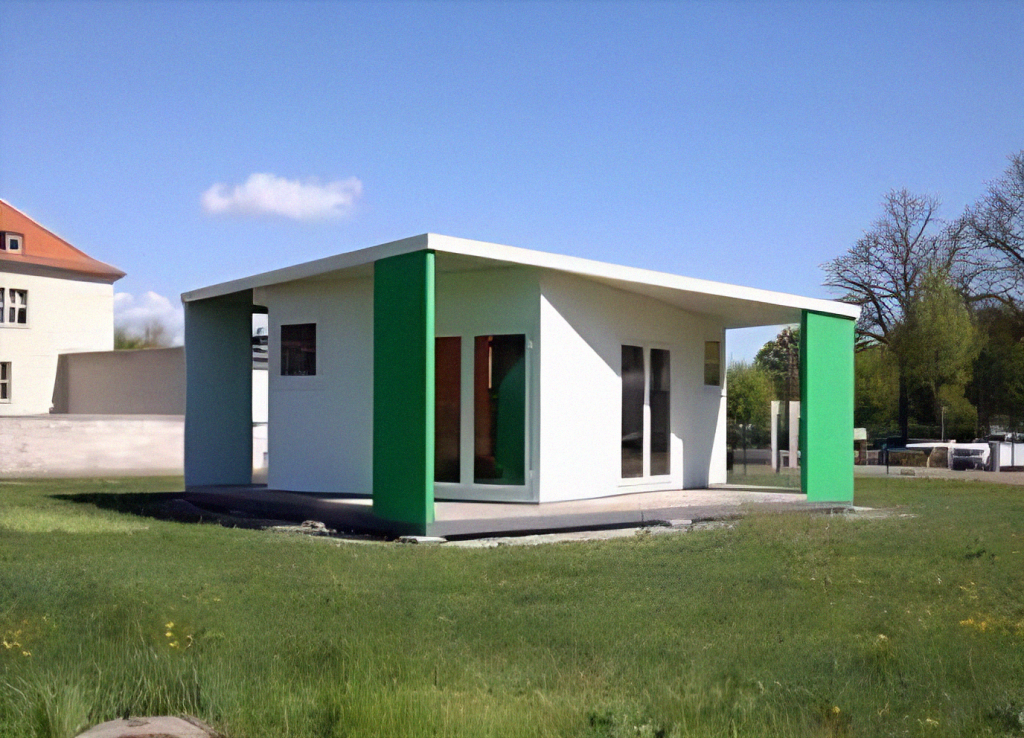
Material technology made in Germany
At the same time, the “Chemistry and Process Engineering of Composite Materials” working group at the Faculty of Forest Sciences and Forest Ecology at the University of Göttingen, which has been conducting research into renewable raw materials for many years, has developed a popcorn granulate as a composite material for laminates made from hemp and flax, which could replace the PU foam previously used for panels in the future. The head of the research group, Prof. Dr. Alireza Kharazipour – often referred to as the “Popcorn Professor” – sees this unique process as an outstanding opportunity to replace the raw material and energy-intensive products made of cement, gypsum or petroleum-based products used in the construction industry to date with a cost-efficient, almost 100% natural product. Prof. Kharazipour has obtained several patent rights in 14 years of research work.
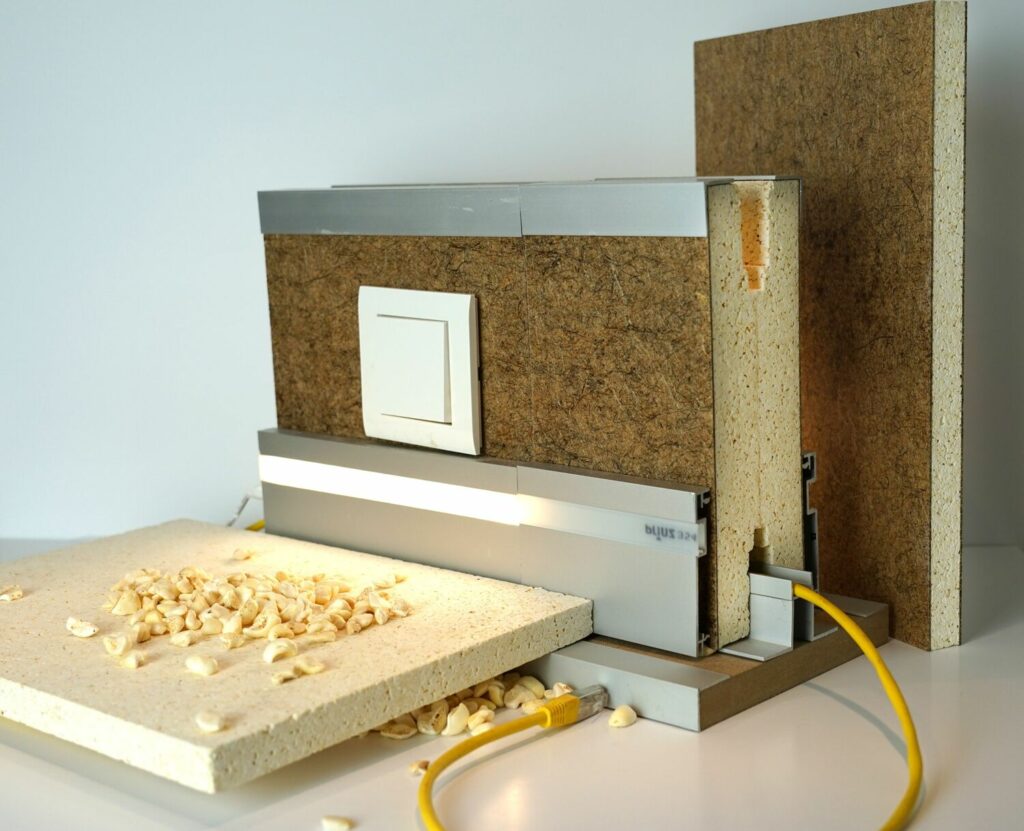
 panels.
panels. Synonym for a building material that is profitable at all levels
 -panels have an outstanding balance in terms of raw material, material and production efficiency compared to conventional building materials:
-panels have an outstanding balance in terms of raw material, material and production efficiency compared to conventional building materials: Sustainability targets are met
- inexpensive building material,
- simple lightweight construction with faster and more efficient assembly (approx. one week for a 50m² -house),
- reduced assembly, transportation, logistics and energy costs,
- improved working conditions due to reduced dirt and dust exposure,
- suitable for all types of surface treatment,
- consistently high quality and good scalability through industrial production.
Lightweight construction that pays off
- circular building material made from plant-based raw materials or their waste,
- reduced energy consumption, as no sand, cement, steel, plaster, etc. with high energy and water-intensive construction and heavy machinery are used,
- environmentally friendly production from regionally/locally available raw materials,
- optimal thermal and sound insulation properties,
- durable, as it is waterproof, fire-resistant and resistant to mold and vermin,
- high load-bearing capacity and outstanding stability .
Universally applicable
- load-bearing construction elements for roofs, ceilings, exterior walls and foundations,
- non-load-bearing applications such as partition walls or dry walls,
- decorative applications such as building cladding, kitchen or sanitary elements,
- Other applications: Trade fair and store construction, mobile homes and tiny houses Ship interior fittings and much more .
UN sustainability goals
 -panels contribute to eight of the 17 sustainability goals set by the United Nations. They have the potential to fundamentally
construction in the future and thus alleviate the global housing crisis.
-panels contribute to eight of the 17 sustainability goals set by the United Nations. They have the potential to fundamentally
construction in the future and thus alleviate the global housing crisis. A valuable contribution to the sustainability goals of the United Nations


Provision of
modern schools






A value-based business model for rapid global market development
SMARTER HABITAT- Pilot factory
SMARTER HABITAT license (franchise concept)
The key driver for a successful rollout of SMARTER HABITAT construction elements and rapid market penetration is the licensing of the  material and production technology. This is awarded by the licensing company via a master license to construction companies with strong sales potential and a good credit rating. With the master license, the licensees not only acquire the
material and production technology. This is awarded by the licensing company via a master license to construction companies with strong sales potential and a good credit rating. With the master license, the licensees not only acquire the  technology, but also certified, highly automated, turnkey production lines, i.e. the entire know-how for the manufacture and marketing of all SMARTER HABITAT products and applications.
technology, but also certified, highly automated, turnkey production lines, i.e. the entire know-how for the manufacture and marketing of all SMARTER HABITAT products and applications.
In return, the licensees must meet the capacity requirements for the agreed sales volume in their market. They can engage additional regional sub-licensees to ensure nationwide distribution in their respective areas. They will use two thirds of their respective  production for low-priced SMARTER HABITAT homes. In addition, they must contractually commit to the value-based corporate philosophy set out in the “SMARTER HABITAT Code of Ethical Conduct”.
production for low-priced SMARTER HABITAT homes. In addition, they must contractually commit to the value-based corporate philosophy set out in the “SMARTER HABITAT Code of Ethical Conduct”.
Invest in a good cause
In light of the increasing number of climate disasters in recent years, which have caused massive damage in many regions of the world, it is high time for a general rethink. As early as 2020, the World Economic Forum listed the risks triggered by climate change among the top five in its Global Risk Report and sees ESG risks (E = Environmental, S = Social, G = Governance) in particular as the greatest dangers with enormous social and economic implications.
The motivation to make a positive contribution to a sustainable future for the environment and society should therefore be high. All the more so because an investment in environmentally friendly, CO₂-neutral technologies not only results in a return on investment, but – as SMARTER HABITAT’s business model shows – can also fundamentally improve the living conditions of millions and billions of people.
The company is now raising capital for its investments so that it can move from the project planning phase to implementation. The options for impact investors are direct investments as limited partners or via subordinated loans. Detailed financial plans and conditions can be requested. In addition, small investors and people with a social-humanitarian focus have the opportunity to get involved via crowdfunding approved by BAFIN. Anyone who wants to participate in the good cause and values a sustainable but also promising and future-oriented investment is invited to do so – private individuals as well as institutional investors or private equity and venture capital investment companies.
Further information:
Smarter Habitat GmbH & Co. KG
Baierbrunnerstrasse 25 – 29
81379 Munich
Phone: +49 (0) 89 212 314 811
E-Mail: info@smarter-habitat.com
Web: https://smarter-habitat.com
SMARTER HABITAT- Management
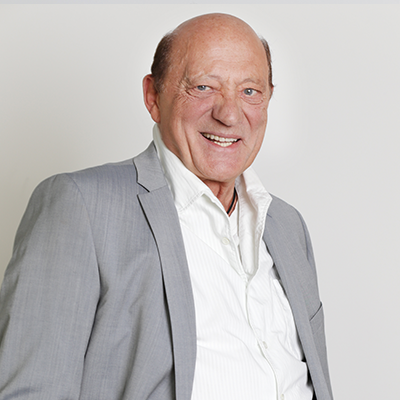
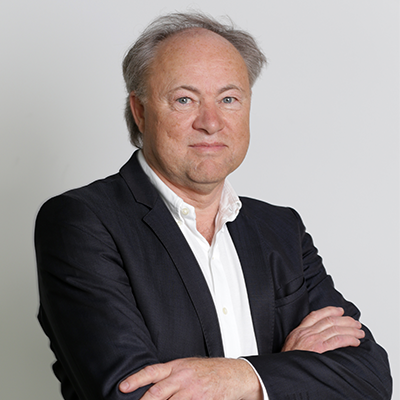
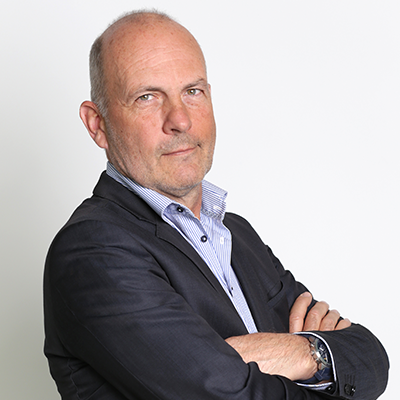
SMARTER HABITAT - Consulting team
SMARTER HABITAT’s management team is also supported by a number of internationally renowned consultants who contribute their respective expertise to the company:
The Hemmelrath Compagnie under the leadership of Prof. Dr. Alexander Hemmelrath combines tax, legal and business consulting for SMARTER HABITAT to form a holistic range of services. Business management advice, which is currently the main focus, is provided under the leadership of Konstantin Hemmelrath.
Benedikt Hoffmann, Advisor on International Finance/Board Member, has decades of experience as a bank manager, primarily with a regional focus on international growth markets. He has managed banks in various emerging markets and cultural environments. As an expert in various international regulatory and accounting standards, he will contribute his knowledge in the context of international finance.
Dr. Ndidi Nnoli-Edozien, Advisor on Corporate Sustainablility and Governance/Board Member, is an expert in social entrepreneurship and sustainability. She established the “Seven Pillars of Sustainability” based on 20 years of research in Africa’s largest company. She will advise SMARTER HABITAT on sustainability, corporate governance and international business development. Dr. Nnoli-Edozien is a member of the Club of Rome.
Peter Schalburg, MBA, Advisor Licensing, has spent most of his career managing international franchise companies. He has many years of international experience in all major markets, including 15 years as President and CEO of Midas Europe and South America with more than 600 franchisees/licensees.
Anabela Macieira, Advisor Engineering and Construction, is an international award-winning architect, owner of Core Architects – one of the few “Passive House” and NETZEB certified architecture firms in Portugal. She designs nature-inspired, sustainably chic buildings that support the holistic health of their occupants. In the projects approved by the government, which even exceed the latest sustainability standards, SMARTER HABITAT’s innovative building materials are used.
